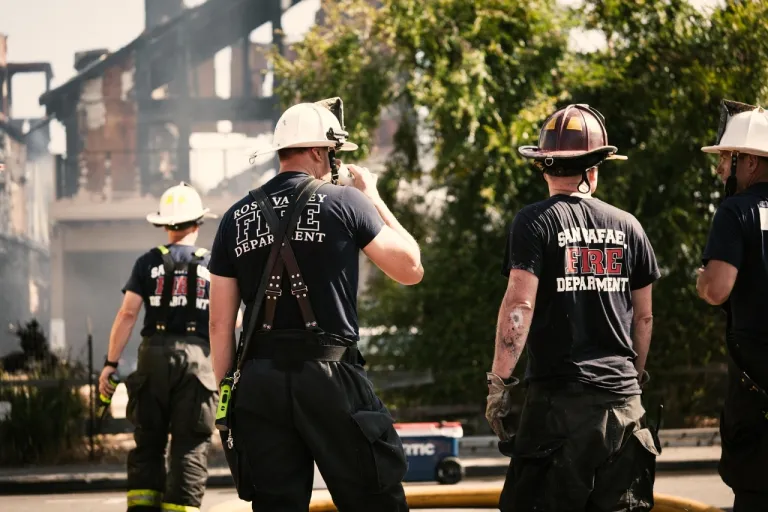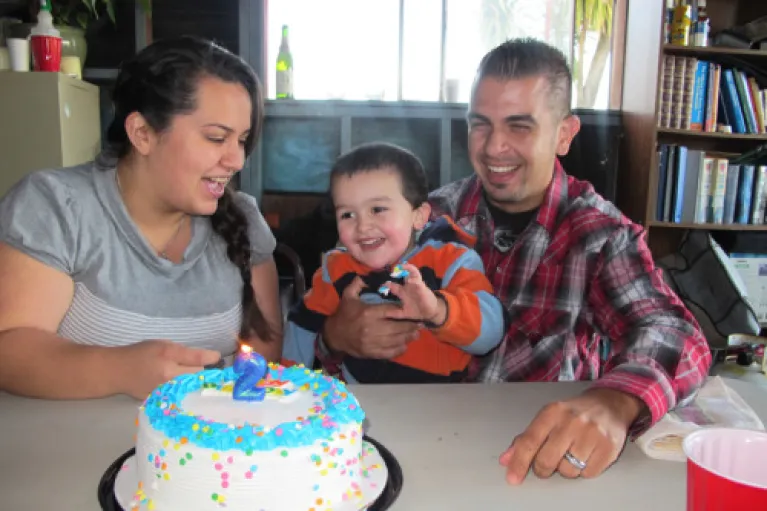
Oh no. 404 Error
Sorry, the page you asked for couldn't be found.
Perhaps what you're looking for can be found in one of the links below.
The Venture Impact Program — Enabling impact investing through philanthropy
The Family Office of Philanthropy — Customized Philanthropic Services





